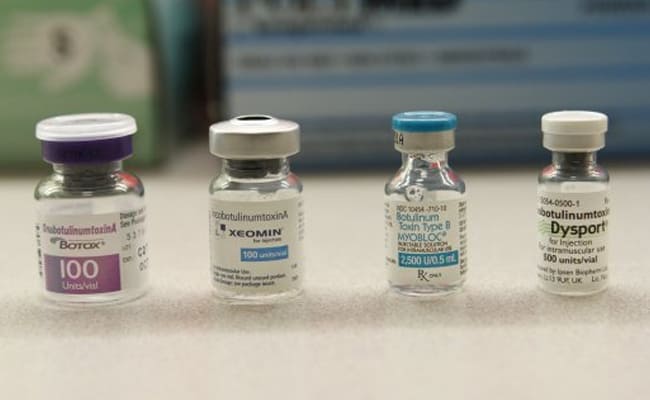- Lakeside Commons, 990 Hammond Drive, Suite 325, Atlanta, GA 30328
- Tel: (404) 256-3720

Botulinum toxin is a drug that is made from a toxin produced by Clostridium botulinum, an organism found in the natural environment. A healthcare provider can precisely inject Botulinum toxin in small doses to weaken or paralyze specific muscles or to block specific nerves. There are seven known types of Botulinum toxin but only two are used for medical treatment. These include:
Botulinum toxin can help stop muscle contractions, so it can be used to treat involuntary muscle movement disorders. It also blocks nerve endings from sending pain signals so it can also benefit some conditions related to chronic pain. Treatment is generally covered by insurance carriers and is FDA-approved due to evidence of clinical benefit. The following are some of the neurological disorders that can be treated with Botulinum toxin:
A primarily consultation is needed to determine if Botulinum toxin is an appropriate medical treatment. Patient will be able to ask questions and receive detailed information. A follow-up appointment for the injections will be scheduled if Botulinum toxin is recommended.
Botulinum toxin is usually a quick and relatively simple procedure. The patient may feel a little pain or pressure, but it is usually not enough to need a local anesthetic. No preparation is necessary. During the treatment, small needles will be used to precisely inject Botulinum toxin under the skin or into muscles. The treatment is performed in the clinic and the patient may go home immediately afterward. Because neurons generate new nerve endings that reactivate muscle contractions, treatment may be repeated at three-month intervals.


Botulinum toxin therapy is a safe and effective treatment when given in appropriate amounts by a qualified neurologist. Some patients experience temporary weakness in the group of muscles being treated, or those nearby. For example, ptosis (drooping eyelid) can develop after treating blepharospasm. Patients may experience injection-site pain which is temporary and usually mild while receiving the injections. Flu-like symptoms develop in some patients, but rarely. Patients with certain other neuromuscular diseases, such as amyotrophic lateral sclerosis or myasthenia gravis, are not appropriate candidates for Botulinum toxin therapy.